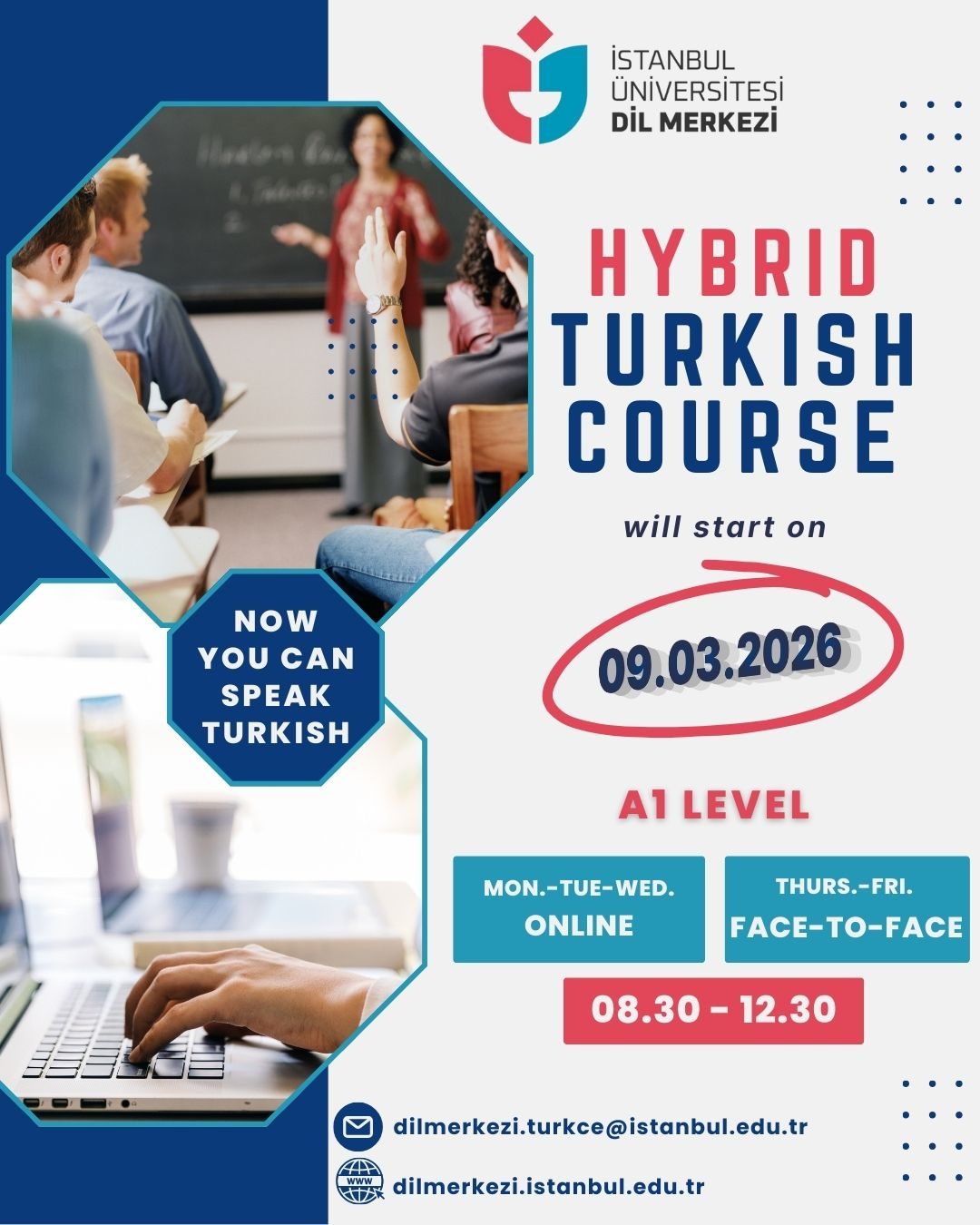Workshop Schedule
By Oğuz Cincioğlu, PhD
Abstract
Abstract
The session begins with presenting a cover description of the types of cooperating teachers within the borders of language teaching environment. Via an interactive brainstorming on the characteristics of each type, their characteristics and effects on the cooperating teachership are put under discussion. Having clarified and reached upon a consensus on what each type exactly refers to, the participants are expected to evaluate a case study on job shadowing which includes interviews, asking follow-up questions to collect data and/or information. Among the benefits are analyzing the findings in terms of the duty of cooperating teachership and identifying the implications for future work as a teacher.
By Tuncer Can, PhD
Abstract
Abstract
This presentation aims at introducing the concept of language learning strategies, giving rationale for teaching of FLL strategies to language learners and exemplifying the use of foreign language learning strategies in the English language learning activities and coursebooks. Metacognitive strategies help learners in the planning and evaluation of the learning process and are vital in carrying on the learning tasks in the learning process. Cognitive foreign language learning strategies ensure that the learners are active in the learning process and burn the new knowledge into the long term memory. Socio – affective foreign language learning strategies on the other handa re actively letting the learner increase the motivation, reduce stress and collaborate with other learners in the learning process. The integration of metacognitive, cognitive and socio – affective FLL strategies impacts the construction of knowledge in the learners. Open instruction of FLL strategies also enables learners to increase awareness in the learning process and helps learners to create autonomous learning experience for themselves
Devrim Günay, PhD Candidate
Abstract
Given a major role in the current paradigm of Language Pedagogy, tasks have come to be increasingly recognized as the main units of performing communicative language practice in the class. The rich variety of social and cognitive processes they offer for the learner and the existence of a meaningful purpose to undertake them makes tasks the preferred tools of designing lessons while also marking them as the promoters and perpetuators of natural language use. A set of characteristics distinguish tasks from the older forms of exercises and activities. Among these most widely cited distinctive features are input, meaningful purpose, language outcome and a social, physical or cognitive challenge. The awareness of these task related concepts, as well as the variety of task types and the task based lesson procedures, therefore, plays a critical role in tailoring lessons to the needs of the learners. Geared towards raising such an awareness, within the limits of this seminar attendants are presented with the basics of TBLT and its significance for Language Pedagogy. The distinct components of tasks are highlighted with a focus on samples of tasks and non-tasks from current course books. A further step includes their design of a task / tasks for the intended level of students in a given skill / skills among with the required contextualization procedures.
By Esra Özdemir, PhD
Abstract
Teaching pragmatics in EFL classes aims at helping learners use appropriate language in social interaction, and be aware of both linguistic and social variables affecting appropriacy in language use. Although foreign language teachers are aware of the crucial consequences of pragmatic failure, the literature on how to prepare language classes for improving learners’ pragmatic competence development is still limited. The aim of this presentation is to help EFL pre-service and in-service foreign language teachers how to construct tasks and activities for a pragmatics-focused curriculum. The presentation will start with why teaching pragmatics is needed in EFL classes, and continues with brief theoretical background about what pragmatic competence is and the principles of a pragmatic-focused curriculum. Then, instructional pragmatics in EFL classes will be presented and discussed through sample tasks and activities aiming at improving pragmatic competence and awareness of foreign language learners.
By Gülay Kıray, PhD
Abstract
The importance of writing in foreign language teaching for both learners and teachers cannot be denied although writing in a foreign language has always appeared to be a problem for most foreign language learners. As a matter of fact, what, why and how people write seems to be a hot topic in the field of language teaching. The presentation discusses the importance of writing and categorizes what language learners will possibly write in a foreign language in their daily lives and future carriers in terms of purposes and functions of writing. This discussion is linked to the background information on the models of teaching writing. The focus of the presentation is on the strong points of currently used models and approaches- process model and genre-based approach – to the teaching of writing. The models and approaches of writing instruction are illustrated with some activity examples taken from various language teaching sources. At the end of the presentation, the participants are asked to analyze and identify the writing activities in terms of approaches and models of teaching, discuss weak and strong points of them and suggest ideas to adapt the weak writing activities with the principles of process and genre-based models of writing.
By Assist. Prof. İrfan Bulut
Abstract
To ensure that learners have the opportunity to use a wide range of language, teachers must include a variety of task types, based on games, stories, collaborative problem-solving or information-gap activities, which will provide (wherever possible) a context and audience for the production of spoken and written language. This commonly accepted and shared point of view doesn’t contradict with the idea of teaching grammar. Some scholars suggest that grammar competence is one of the constituents of communicative competence, such as discourse competence, sociolinguistic competence, and strategic competence. This view supports the idea that well-grounded grammar knowledge has a significant role in becoming fluent in the target language. This understanding approaches grammatical rules as one of the fundamental aspects of speaking skill, and supports the idea that grammar teaching should not be ignored while teaching this skill. It is essential to place more focus on form and meaning through grammar activities. A balance must be found between these activities in terms of noticing, structuring and proceduralizing, depending on the needs of the learners.
By Tuncer Can, PhD
Abstractv
This presentation aims at introducing the constructivist approach and construactivist applications in the field of foreign language learening and teaching. Constructivism is likely to transform the notion of education bringing new perspectives such as a holistic world view, collaboration, respect to variety and equality, supporting autonomy and awareness, guiding to success, questioning relationships in the world and world affairs, evaluating educational processes and activities, discussing every aspect of life in the classroom, being critical in terms of power relations in the societies and the world. Constructivist approach is promising at promoting learners’ language and communicative skills as well as at fostering their autonomy, social and interactive skills contributing to their development into more confident, pro-active and responsible individuals by supporting incentives on diverse media in language learning and teaching. In this presentation, these contributions of constructivist approach to the field of foreign language learning and teaching would be discussed and presented in the context of classroom practices and applications.
By Assist. Prof. Ramazan Zengin
Abstract
The rapid development of digital technologies and its effect can be seen in many parts of our lives, our communities and our education. Many schools are trying to follow these developments and to integrate technology into classroom context. New technologies may improve learning when they are implemented with pedagogically sound practices. Properly used, technology will help students to learn better and to develop the skills they need in the real world. In order to be able to integrate these technologies decision makers, teachers, parents and students must know what these technologies are. Integrating technology into classroom instruction means more than teaching basic computer skills and software programs in a separate computer class. This presentation aims to discuss about the current learning technologies and practices, how to integrate the new technologies in our classrooms, the potential impact of new technologies and practices on learning.



